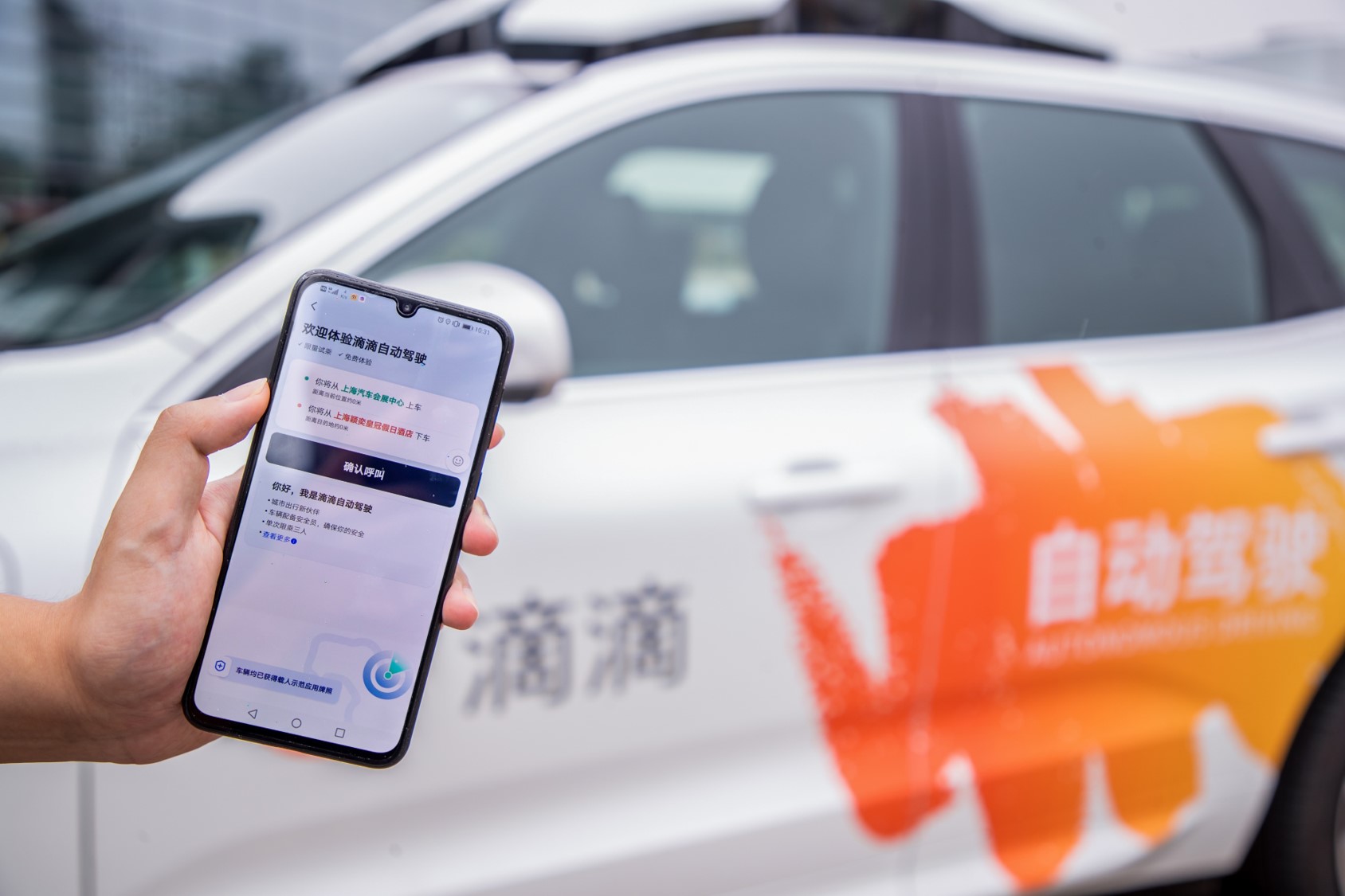A regulatory bypass that allows major Chinese tech companies to go public in Hong Kong and the United States is now under official scrutiny. New, stringent rules are being drafted to redefine how these business structures can be used by corporations.
Beijing plans to ban Chinese companies from going public overseas through variable interest entities (VIEs), which might result in the delistings of some firms deemed to be involved with handling sensitive data or technologies, Bloomberg reported on Wednesday.
The China Securities Regulatory Commission (CSRC) denied reports that said it was considering a ban on VIEs.
Caixin reported that the CSRC, the National Development and Reform Commission, and the Ministry of Commerce are mulling a new regulatory framework for VIEs, but did not report additional details.
Nearly all of China’s major internet firms, including Alibaba, JD.com, and Baidu, went public in the US by utilizing VIE structures, according to a report from United States-China Economic and Security Review Commission.
As foreign investment is banned from flowing into China’s internet industries, some companies managed to go public via overseas stock exchanges with the VIE framework. VIEs are usually registered in tax havens like the Cayman Islands, and are essentially holding companies designed to establish profit-sharing mechanisms between foreign investors and Chinese firms. On paper, VIEs guarantee that dividends flow to foreign investors while the business remains controlled by the Chinese entities.
High levels of liquidity, the prestige of an international presence, and US investors’ willingness to shoulder risk are factors that attract Chinese companies to issue shares abroad, said Guan Qingyou, director of research firm Rushi Finance.
Sina, which owns the microblogging service Weibo, was the first to go public in the US through the VIE framework in 2000. In the following two decades, companies including Tencent, Baidu, Alibaba have all gone public overseas through VIEs.
Over the past year, Chinese authorities have been tightening control on the tech sector, establishing new rules and issuing fines related to data security and antitrust practices. Investors have been exiting their positions, wiping more than USD 1 trillion off the market by November, according to AP.
VIEs have existed in a legal gray area for more than two decades. In July, China’s top internet regulator, the Cyberspace Administration of China, drafted a stringent rule—companies with over 1 million users must undergo cybersecurity checks before they go public in foreign countries.
Didi became the target of a tough data security probe shortly after it went public in the US in late June. The ride-hailing app was taken down from app stores, as regulators were concerned about its handling of personal data.
Several Chinese tech companies, including the popular fitness app Keep and the largest audio and podcasting app Himalaya, have halted their long-planned US IPOs.
VIE pioneer Sina is now seeking a secondary listing in Hong Kong. Didi is preparing to delist from the US and debut in Hong Kong, the company said on Friday.
Hong Kong listings could be exempted from the VIE ban, Bloomberg reported.
Besides asking companies to carefully handle personal data and roll out privacy laws, China has also been building a higher barrier for its domestic data treasure trove. In October, Tesla finished building its data center in Shanghai, pledging that it would comply with the regulations, and won’t share data collected in China with overseas entities.

